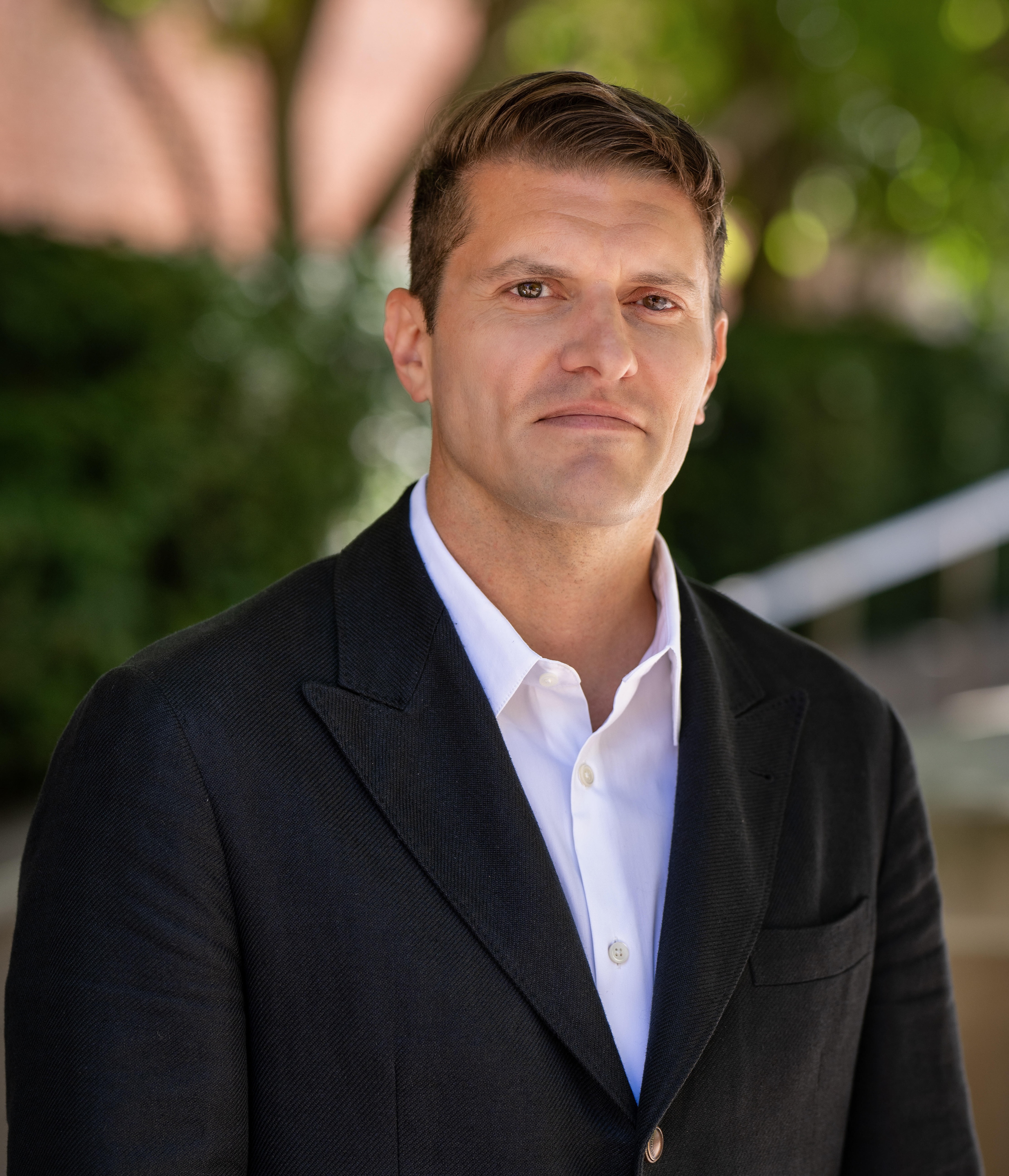Explaining Misperceptions of Crime
Type
Article
Abstract
Promoting public safety is a central mandate of government. But despite decades of dramatic improvements, most Americans believe crime is rising—a mysterious pattern that may pervert the criminal justice policymaking process. What explains this disconnect? We test five plausible explanations: survey mismeasurement, extrapolation from local crime conditions, lack of exposure to facts, partisan cues and the racialization of crime. Cross-referencing over a decade of crime records with geolocated polling data and original survey experiments, we show individuals readily update beliefs when presented with accurate crime statistics, but this effect is attenuated when statistics are embedded in a typical crime news article, and confidence in perceptions is diminished when a copartisan elite undermines official statistics. We conclude Americans misperceive crime because of the frequency and manner of encounters with relevant statistics. Our results suggest widespread misperceptions are likely to persist barring foundational changes in Americans’ information consumption habits, or elite assistance.
Publication Status
Working Papers
Documents

